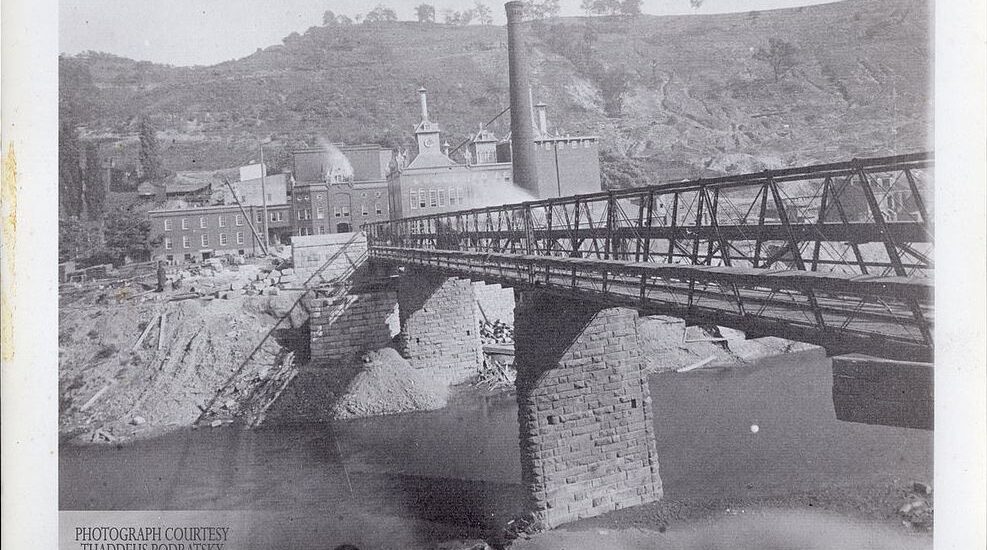Welcome to the Reymann Brewing Company Historic Site in Wheeling, West Virginia, a cornerstone of the city’s illustrious brewing history. Established in the mid-19th century, the Reymann Brewing Company was founded by Anton Reymann, an immigrant from Germany who brought with him the rich traditions of European brewing. This site was not just a brewery; it was a symbol of the industrial and cultural boom that Wheeling was experiencing at that time.
Founded in 1863, the Reymann Brewing Company quickly became one of the largest breweries in West Virginia. At its peak, the brewery produced a wide variety of beers that were distributed throughout the region. This was a time when Wheeling was emerging as a major beer center, rivaling the production capabilities of nearby cities like Pittsburgh. The brewery not only provided jobs but also became a social hub for the community.
Anton Reymann was a notable figure in Wheeling’s history, contributing to the city’s development and prosperity. Under his leadership, the brewery expanded its operations and became a household name. He was also a key figure in the local business community, helping to shape the economic landscape of Wheeling.
The brewery faced significant challenges during the Prohibition era, which began in West Virginia in 1914, ahead of the national ban. Like many breweries of the time, Reymann Brewing had to adapt or face closure. The site transitioned to producing ice and soft drinks, but it was never able to fully recover its former glory. The end of Prohibition in 1933 came too late for the brewery to regain its foothold.
Today, the remnants of the Reymann Brewing Company serve as a reminder of Wheeling’s rich brewing heritage. The site is part of a larger narrative about the rise and fall of the brewing industry in the region. It stands as a testament to the industrious spirit of those who worked there and the vibrant community that supported it.
As you explore this historic site, imagine the bustling activity of the brewery in its heyday and the pivotal role it played in the lives of Wheeling’s residents.


